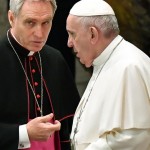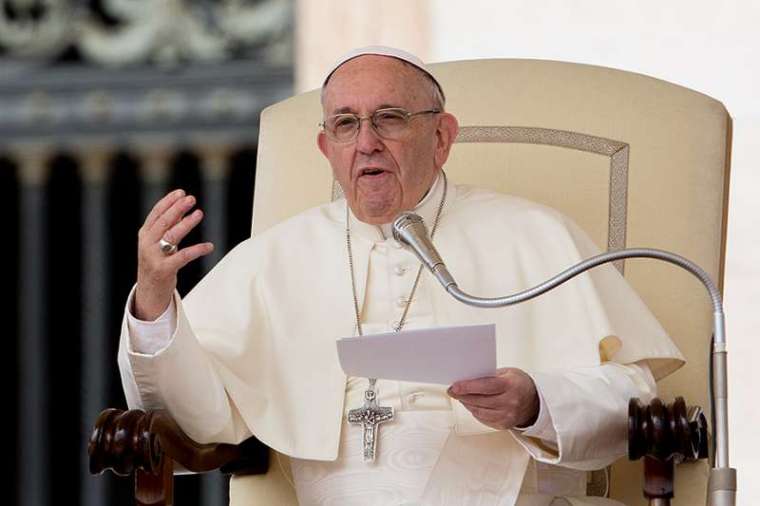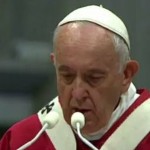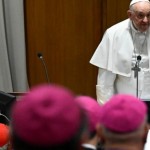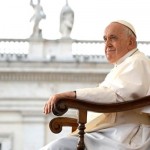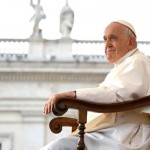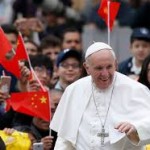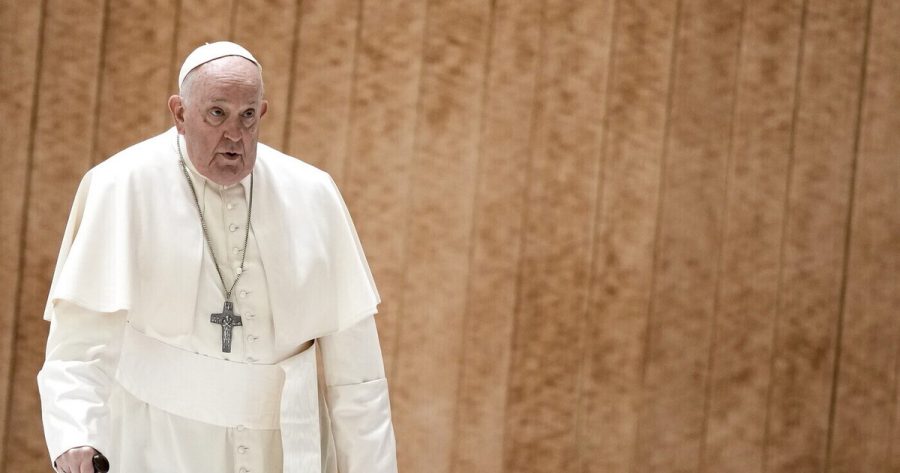( Monday Vatican. ANDREA GAGLIARDUCCI ).
Between the end of this month and the beginning of August, there will be at least three financial documents from the Holy See:
• The annual report of the Financial Information and Supervision Authority
• The annual report of the Institute for Works of Religion
• The annual budget of the Administration of the Heritage of the Apostolic See
The three documents would not be news in themselves if they did not represent, in their form in recent years, what the pontificate of Pope Francis has been: a great rush to establish a “difference” – a change of direction, a novelty, and a break with the past – even in situations where the past was not as dark as we tend to think or want to make people think. After all, Pope Francis has recognized several times that Benedict XVI started the fight against abuse in the Church and has praised his commitment. However, when it comes to financial issues, the work of Benedict XVI and that of John Paul II before him takes a back seat. The Pope becomes only an accessory, while the narrative is divided between the corrupt and incompetent bad guys of the previous management and the good ones of the new management. It happens, for example, when the president of the IOR, Jean-Baptiste de Franssu, in a meeting of the OMNES forum, underlines that in the past, there was no connivance of the Church with various criminals but rather incompetent people who made the Church lose money. We know what de Franssu said because this was reported in an article in the same Spanish magazine. The meeting was under Chatham House Rules, meaning that, at most, you could mention some topics but not attribute them to a source – which, in meetings with only one speaker, is equivalent to not mentioning anything at all to avoid breaking confidentiality.
Continue reading …




